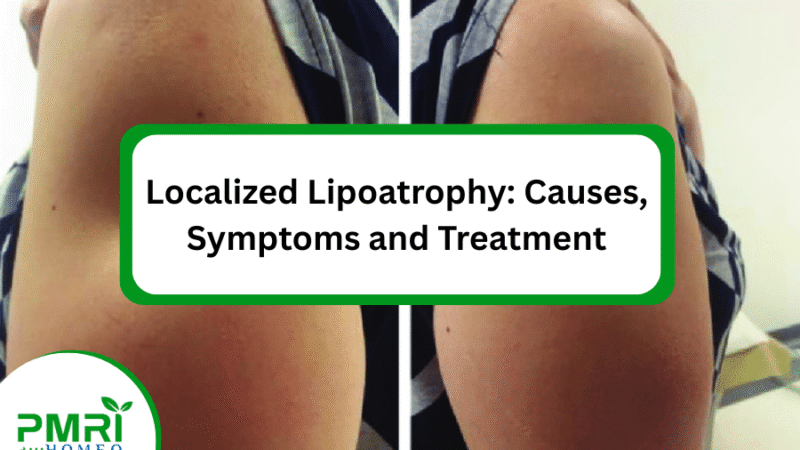Is Varicose Vein Surgery Covered by Insurance Plans?

Many people suffering from varicose veins wonder: Are varicose veins covered by insurance? This question is important because varicose vein treatment can be expensive, and understanding insurance coverage can help patients access the care they need without financial strain. In this article, we will explore insurance policies, what treatments are typically covered, and where to find the best care, including trusted Centers for Vein Treatment in New Jersey.
Are Varicose Veins Considered a Medical Condition or Cosmetic?
Insurance companies typically distinguish between medical conditions and cosmetic procedures. Varicose veins can be both, depending on the symptoms and severity. When varicose veins cause pain, swelling, ulcers, or other complications, treatment often qualifies as medically necessary. However, if the treatment is primarily for appearance, insurance providers may deny coverage.
To determine whether your varicose vein treatment will be covered, insurers usually require documentation showing symptoms like:
- Persistent pain or discomfort
- Swelling in the legs or ankles
- Skin changes or ulcers
- Bleeding or inflammation
Patients need to consult a healthcare provider, often at specialized Centers for Vein Treatment in New Jersey, to obtain proper documentation and diagnosis before submitting claims to insurance.
What Types of Varicose Vein Treatments Are Covered by Insurance?
Insurance plans generally cover treatments for varicose veins only when they are medically necessary. These treatments include:
1. Endovenous Laser Therapy (EVLT)
EVLT uses laser energy to close off affected veins, relieving symptoms and preventing complications. Because it treats the underlying vein disease, insurance plans often approve this procedure.
2. Sclerotherapy
Sclerotherapy involves injecting a solution into the vein to collapse it. It may be covered when used to treat symptomatic varicose veins or complications such as ulcers.
3. Vein Stripping and Ligation
This surgical procedure removes or ties off problematic veins. It tends to be covered by insurance when symptoms are severe and other treatments fail.
4. Ambulatory Phlebectomy
This minimally invasive procedure removes varicose veins through small incisions. Insurers may cover it when documented symptoms justify the treatment.
5. Ultrasound Venous Mapping
Before many treatments, doctors perform ultrasound imaging to evaluate vein function. Insurance often covers this diagnostic step as part of the medically necessary evaluation.
How Do Insurance Companies Determine Coverage for Varicose Vein Surgery?
Insurance companies follow strict criteria when deciding whether to cover varicose vein treatment. They require:
- Documentation of symptoms and their impact on daily life
- Failure of conservative treatments such as compression stockings or medication
- Diagnostic imaging reports confirming venous reflux or vein malfunction
- Pre-authorization from the insurer before the procedure
Patients should work closely with their vein specialist to ensure all required documentation is submitted accurately. Centers for Vein Treatment in New Jersey typically have experience handling insurance claims and can help streamline this process.
What Should You Do If Insurance Denies Coverage for Varicose Vein Treatment?
If your insurance plan denies coverage, do not lose hope. You can:
- Request a detailed explanation from the insurer
- Obtain a letter of medical necessity from your vein doctor
- File an appeal with additional documentation
- Seek a second opinion from a different specialist
Vein treatment centers in New Jersey often assist patients with the appeals process to maximize the chance of approval. Knowing your rights and the insurance policies’ requirements is crucial to obtaining coverage.
Are Varicose Vein Treatments Covered Under Medicare or Medicaid?
Many patients wonder whether government insurance programs like Medicare or Medicaid cover varicose vein treatments. The answer is yes, but with conditions. Medicare covers treatment if the varicose veins cause medical problems such as ulcers or significant pain. Medicaid coverage varies by state but generally follows similar guidelines.
Specialized clinics, including Centers for Vein Treatment in New Jersey, often accept Medicare and Medicaid patients and can help determine eligibility.
How Can You Maximize Insurance Coverage for Varicose Vein Surgery?
To increase the chances that your varicose vein treatment will be covered by insurance:
- Schedule an evaluation at a reputable vein center early
- Follow conservative treatments as recommended
- Maintain detailed records of symptoms and treatments
- Ensure your physician submits thorough documentation and pre-authorization requests
- Be prepared to appeal denials promptly
Taking these steps helps patients avoid surprises and gain approval for necessary procedures.
Why Choose Centers for Vein Treatment in New Jersey?
If you live in New Jersey, you have access to some of the best vein specialists and treatment centers. Centers for Vein Treatment in New Jersey offer several advantages:
- Experienced physicians trained in the latest minimally invasive techniques
- Comprehensive evaluation including ultrasound venous mapping
- Assistance with insurance documentation and claims
- Personalized treatment plans based on severity and symptoms
- Access to advanced procedures like EVLT, sclerotherapy, and ambulatory phlebectomy
Choosing a specialized center in your state ensures you receive expert care while maximizing insurance benefits.
What Are the Costs Associated with Varicose Vein Surgery if Insurance Does Not Cover It?
When insurance does not cover varicose vein surgery, patients often face out-of-pocket expenses. The cost depends on the procedure type, severity, and geographic location but can range from a few thousand to several thousand dollars.
Many vein treatment centers offer flexible payment plans or financing options to make treatment affordable. Discussing costs and insurance coverage upfront with your provider helps avoid unexpected bills.
Conclusion: Are Varicose Veins Covered by Insurance? Yes, but Conditions Apply
In summary, are varicose veins covered by insurance? The answer depends on whether the treatment is medically necessary. Insurance plans typically cover procedures that address pain, swelling, ulcers, or other complications caused by varicose veins. Cosmetic treatments are generally excluded.
Patients seeking varicose vein treatment in New Jersey should consult experienced specialists at Centers for Vein Treatment in New Jersey. These centers provide expert diagnosis, documentation support, and access to a range of covered treatments.
By understanding insurance policies, gathering proper medical documentation, and working with knowledgeable providers, patients can increase their chances of insurance approval and regain comfort and confidence in their legs.



